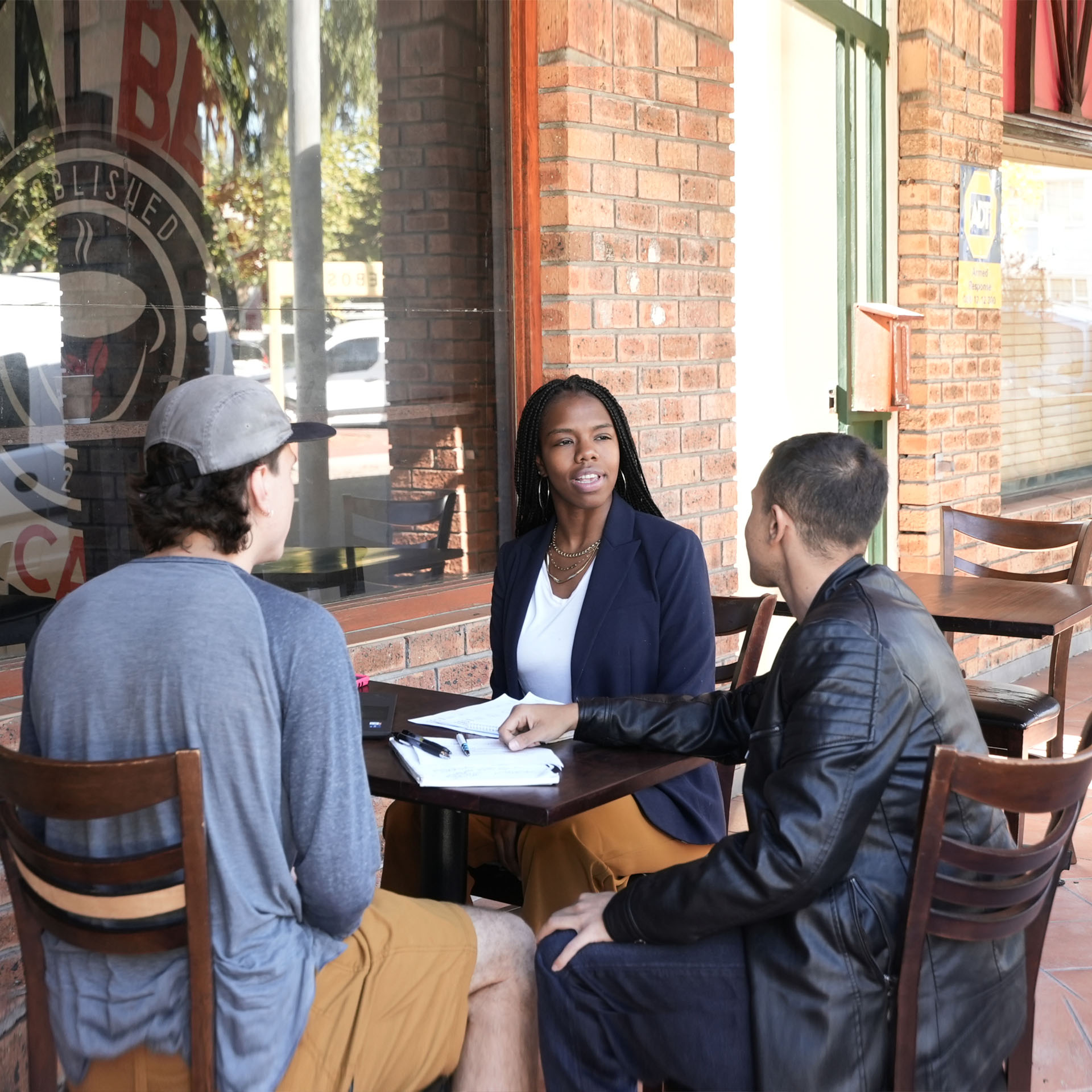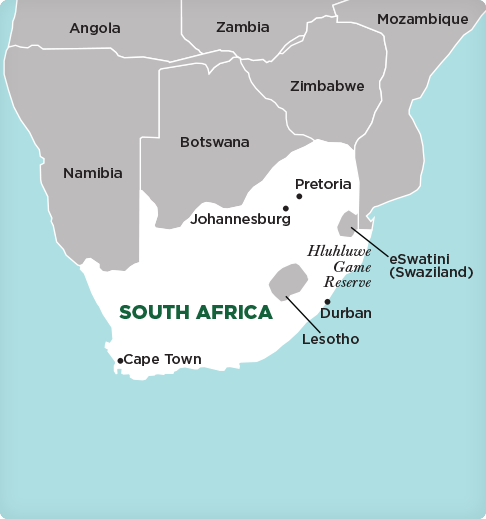Overview
Why study abroad in South Africa?
Close to three decades into democracy, South Africa continues to struggle with the legacy of apartheid. With the highest income inequality in the world, South Africa is still transforming its political, educational, economic, and health sectors, amidst widespread corruption. During apartheid, the state used media as part of its ideological state apparatus, routinely censoring media if it showed any sympathy to the anti-apartheid movement. Today, the media and civil society serve as central pivots in both exposing corruption and enhancing South Africa’s democracy. This program provides students the opportunity to immerse themselves in South Africa’s complex sociopolitical landscape as they learn about the fundamentals of journalism and reporting.
Students will work with award-winning journalists at Times Media Group or the Daily Maverick in Cape Town or Durban and carry out the full scope of story development, from identifying and researching story ideas, determining newsworthiness, finding sources, working with editors, and adhering to the highest standards of journalism. In addition, you will visit important sites like the Luthuli Museum, former home of the first African Nobel Peace Prize winner; the Mandela House in Johannesburg; and the Phoenix Settlement in Durban, home of the late Mohandas Gandhi. You will also see a wide range of exotic animals on safari in the Hluhluwe-Umfolozi Game Reserve. Near the end of the program, you will tour Cape Town to visit museums that tell the unique history of slaves from the Indonesian archipelago and the history of separate development in Cape Town. Adventure seekers will get to climb Table Mountain, a World Heritage Site, and see a picturesque view of Cape Town on a sunrise hike up Lion’s Head.
Highlights
- Work with award-winning journalists in South Africa’s best newsrooms.
- Witness the history, dismantling, and effects of South Africa’s apartheid system.
- Visit the homes of the late Nelson Mandela, Mohandas Gandhi, and others.
- Observe lions, leopards, buffalo, elephants, giraffes, and zebras on safari.
Prerequisites
Strong writing skills and an interest in journalism and digital media.








